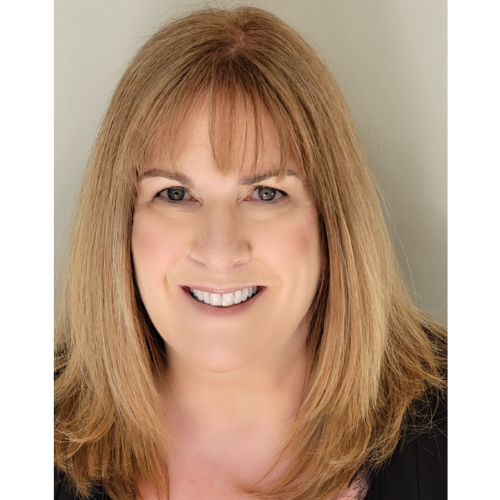
From Multi-Generational Planning to Multi-Generational Support
It is accepted wisdom that working with the children of our best clients is a significant opportunity. Or perhaps more precisely, there's a risk if we don’t have a relationship with the children of our best clients.
I don't think there is any doubt that this is the case, however if you can shift your thinking from a pure focus on multi-generational planning to a focus on multi-generational support, you can think less about 'protecting what you have' and more about growing the business.
The traditional thinking is that working with the children of our clients is a good asset retention strategy. That, of course, is multi-generational planning.
However if you ask how we can effectively support the children of your clients, you'll open up new engagement and referral opportunities. That's multi-generational support. And it may be one of the biggest and most overlooked referral opportunities in our businesses today.
Supporting the children of your clients is a referral opportunity first and an asset retention strategy second.
Why is Multi-Generational Support a Referral Strategy?
Think about it this way. If I go out to dinner with my friends, what do you think we talk about? Rarely do investments come up in conversation and I can't think of a time I talked about transfering my wealth to my son in a tax-efficient manner.
Don't get me wrong - we do talk about our families. When it comes to money, we do talk about our concerns and fears for our children. Will they make good decisions? Do they understand how to be responsible? What should I really be paying for allowance?
So if you can help me help my children, you'll get me to refer because I have a tangible example of how you've helped in an area that is actually a point of conversation.
If you help my children make better decisions, I will share the story. That's your referral.
What is the Multi-Generational Referral Multiplier?
If you look at multi-generational support through this lens you can see the potential impact as a growth multiplier.
Traditional approach: You offer to work with my children and hopefully you retain the assets when I pass away.
New approach: You help my children make better financial decisions. I feel engaged and I share that story with friends – likely several of them.
That's the multiplier effect. I tell two friends.....and they tell two friends.
Ways to Provide Multi-Generational Support
Here are three simple ways to engage clients by supporting the next generation.
1. Meet with the children of your best clients.
Katherine Liola is the Founder and President of Concentric Private Wealth and shared this idea with me many years ago. She offers to meet with the children of her best clients to better equip them to think about money. Importantly, these conversations are driven by where the child is at the moment – in highs chool and thinking about how to save for a car or in university and wondering if a credit card is a good idea.
There is no doubt that this is a high-touch tactic and likely only relevant for your best clients.
2. Focus on financial education
You might also consider offering broader educational opportunities to make the process more scalable than the previous idea. Something as simple as sharing a great website, like Warren Buffet’s Secret Millionaire’s Club could be a simple way to support financial education.
3. Support Communication
I have a young son and I want him to make good decisions. I want him to respect hard work and money and I have ridiculous conversations with him in some vain attempt to communicate these complex topics. To drive engagement and get me telling friends and family about you, consider how you can help me communicate with him about money.
Are You Dabbling?
There is no doubt that executing on any one of these tactics will engage your clients at a deeper level and provide significant fodder for more referrals. Some firms, however, will take this strategy to the next levelby making it core to their offer.
Ask yourself this question. Is supporting the next generation core to your offer or an after-thought? (Your clients can tell.)
My view is that the businesses that have the greatest success in building relationships with families across generations do so because they have made it core to their offer.
When that happens, you become the go-to resource and that translates into more referrals.
Thanks for stopping by,
Julie





